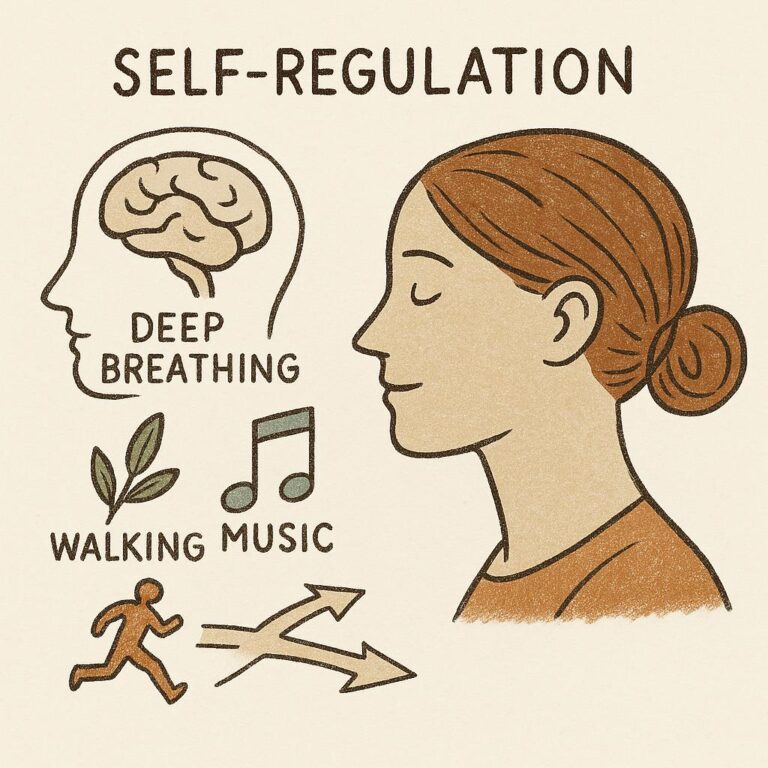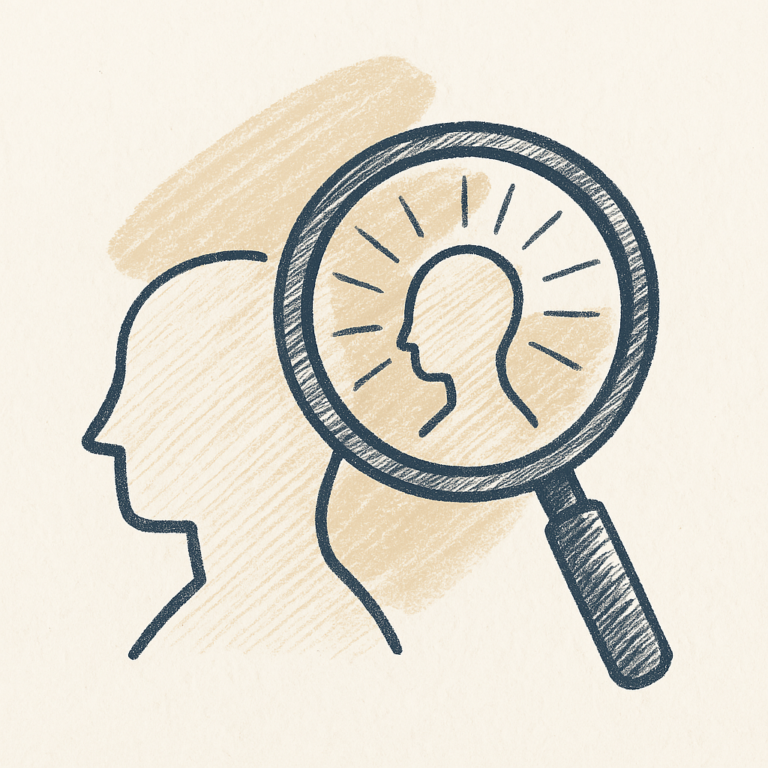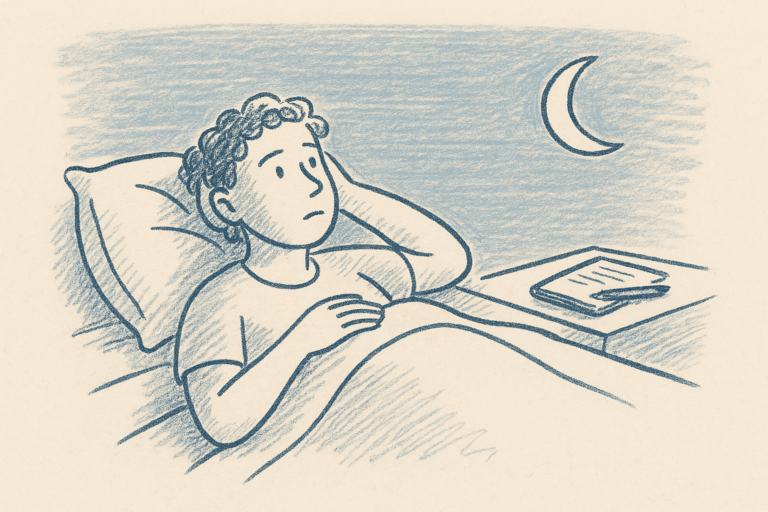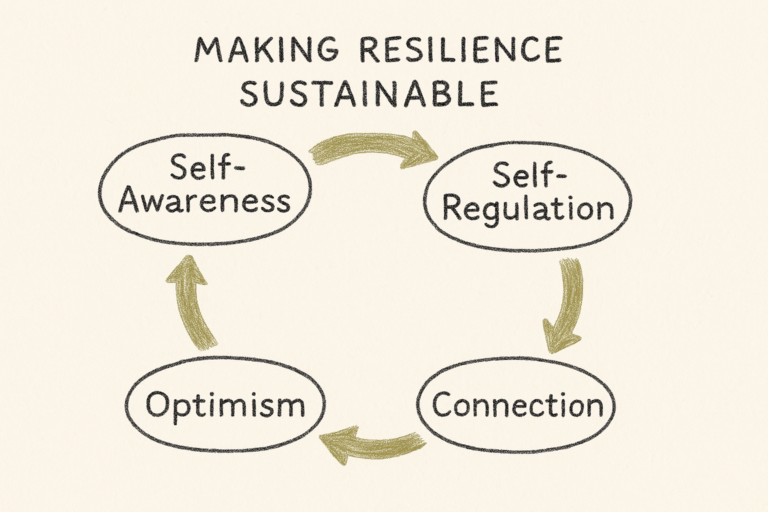Find trusted advisors, not advertisers
Read on to learn more about how to have more good days than bad when managing long-term health issues.
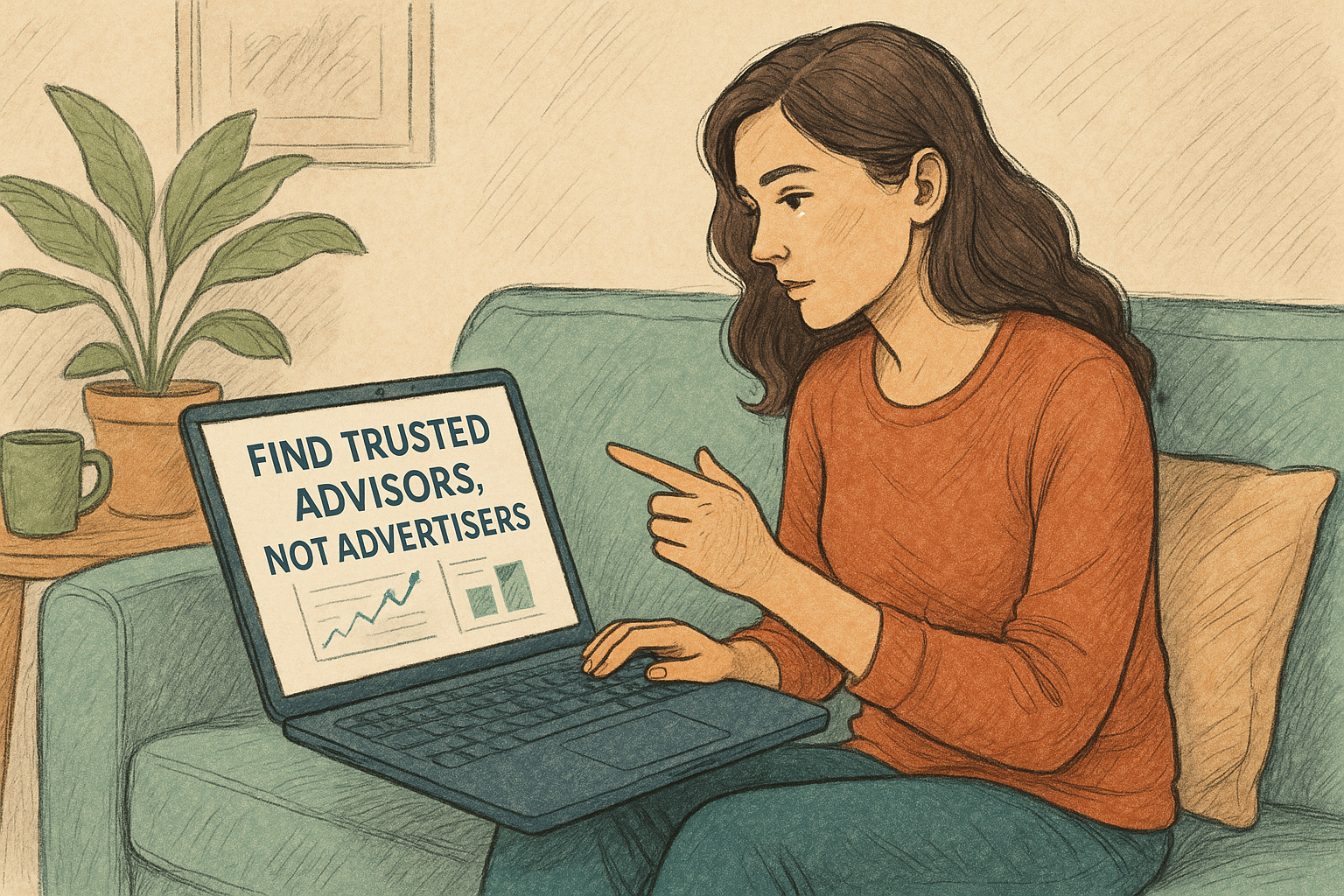
If you ask someone what food they would eat to boost their potassium levels, chances are they’ll say, “A banana.” However, bananas are not even among the top ten potassium-rich foods—you’d be better off with a salad of spinach, avocado, or a sweet potato! (Source)
How did bananas become the go-to potassium food? Marketing, not science. Companies promoted bananas heavily, much like other food myths perpetuated by advertising. For example, I vividly remember Chiquita’s catchy banana commercials in my childhood, modeled after Latin American icon Carmen Miranda. (Watch Here)
While the food industry is notorious for shaping public perception (don’t get me started on dairy!), the wellness industry follows similar tactics. If you have a chronic illness and search online for solutions, you’ll be targeted by advertisements for products and services designed to appeal to your specific needs. Searching for answers? You will be served! The challenge is distinguishing between legitimate health advice and clever marketing.
Beware of Common Misconceptions
Here are some common myths to keep in mind:
Myth #1: If It’s Natural, It’s Safe
Many assume natural treatments, such as CBD oil, milk thistle, turmeric, and vitamins, are inherently safe. However, while some individuals report benefits, scientific evidence is inconsistent.
Complementary/alternative medicine has enjoyed a surge in popularity, represented by an industry of holistic products and services with claims presented with our best health in mind. I am a huge proponent of a natural lifecycle. I live an alcohol-free, plant-based lifestyle, complemented by other mind-body practices like meditation and acupuncture. I have a clear bias toward holistic approaches.
However, when products and services are for sale, there’s potential for misinformation.
Let’s take a science-over-marketing approach. No peer-reviewed research currently supports alternative treatments for my chronic illness, Autoimmune Hepatitis (AIH), and some may even be harmful. Take milk thistle, for example. Advocates claim it helps liver and gallbladder issues, leading well-meaning friends to recommend it to me. A book by a doctor even promotes milk thistle as a treatment for AIH, heavily advertised in patient support groups. Yet, my transplant team and other medical professionals I consulted do not recommend it. Supplements are unregulated, meaning their content can be inconsistent, and they can interact with prescribed medications. Furthermore, milk thistle is often marketed as a liver cleanse, but my issue is my immune system, not a liver issue. Using milk thistle could overload my liver and cause harm.
Myth #2: It’s new, so there is no evidence yet.
Some advocates of alternative medicines claim that benefits from supplements and herbs cannot be measured by science. Others will say that their testimony, or anecdotes from others, offer up proof. In fact, many reviews are available that can provide evidence that some supplements are beneficial, as well as many where there is no evidence. Milk thistle has been around for centuries, and there have been numerous peer-reviewed studies on its benefits. However, the results were mixed, highlighting the need for more research.
In short, it is imperative to talk to your healthcare provider before using supplements or alternative treatments, as serious side effects can occur, including affecting the efficacy of prescriptions.
Myth #3: The medical establishment will always suppress a natural method. It’s understandable to feel distrust toward the medical system, particularly with the influence of pharmaceutical companies. They fund medical schools, research, and advertising, leading to concerns about bias. Additionally, those with rare diseases may struggle to find knowledgeable practitioners, further eroding trust. I encountered this when multiple professionals dismissed my moderate test results, failing to recognize the irreversible damage occurring inside my body.
With healthcare professional shortages, securing an experienced doctor who takes your insurance and understands your condition can be exhausting and requires energy and patience, two things people with chronic illness can be short on. It took time for me to find specialists I trust who prioritize my quality of life and are open to discussing alternative approaches alongside medical treatments. It’s even more difficult while navigating an illness that can take a different assault on your body every day. So, I get it, while at the same time, I encourage you to stay persistent, leveraging your support network to find a medical team YOU trust.
Finding Reliable Advisers
With so much misinformation online, how can we ensure we’re getting factual health advice? Mike Caulfield, an expert on spreading rumors and misinformation, has four moves to make when seeking the truth. Caulfield’s four moves are conveyed through the acronym SIFT:
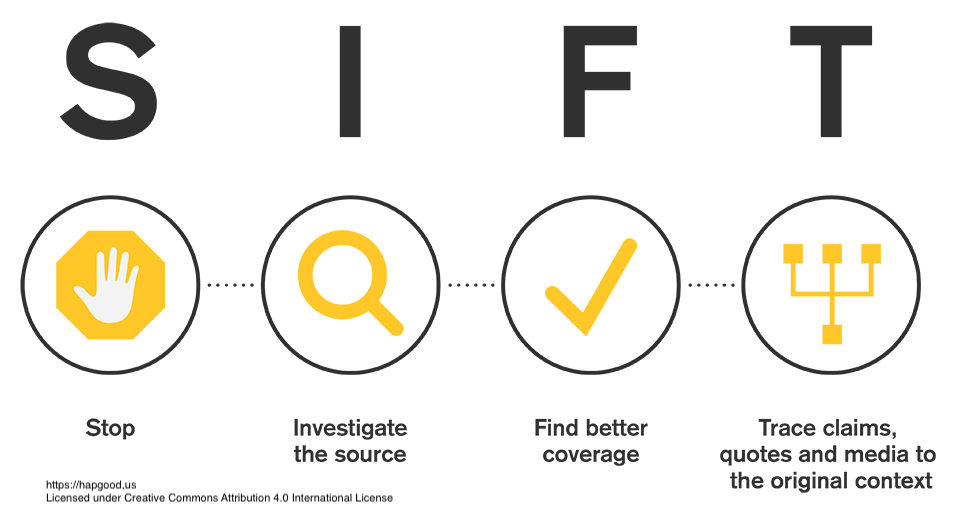
- Stop – Before accepting or sharing information, consider the credibility of the source. In addition, if you find yourself clicking down the rabbit hole, stop to explore if your search is still aligned with your purpose.
- Investigate the Source – Understand who or what is behind the claim. If an article praising milk consumption is funded by the dairy industry, that’s important context.
- Find Better Coverage – Seek more in-depth and diverse reporting from reputable sources.
- Trace Claims to Their Original Context – Many social media posts and headlines strip information of its full context, leading to misleading conclusions.
You can learn more about these techniques at hapgood.us. (I just learned about minus search terms!)
Trusted Resources
While I remain cautious about online health information, here are a few sources I trust:
- NutritionFacts.org – Dr. Michael Greger presents evidence-based nutrition research in an accessible manner for laypeople like myself.
- Medical Journals: The best source for medical journals is PubMed, a free search engine maintained by the US National Library of Medicine.
- Organizations: Before my diagnosis, I didn’t even know organizations like the National Organization for Rare Disorders existed. Nearly every illness I have researched has a reputable association to support its unlucky members and their loved ones. I appreciate the information and support the Autoimmune Hepatitis Association provides.
Final Thoughts
This topic is deeply personal for me. I’m not a doctor, nor am I giving medical advice—I’m sharing what works for me in the hope that it might help others. Managing a chronic illness requires a combination of trusted medical advice, personal advocacy, and a support network.
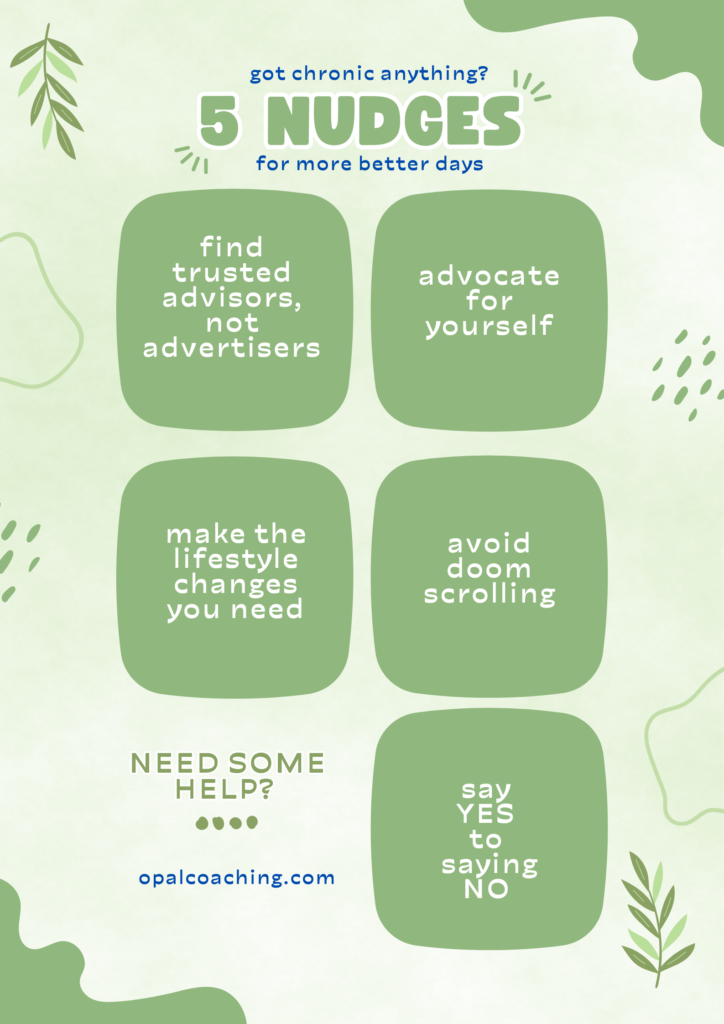
image by author
Seeking professional help—whether from medical experts, mental health professionals, or coaches—can improve your quality of life. Coaching may be a valuable tool if you’re navigating chronic illness and need guidance. I offer free, no-commitment consultations to explore whether my coaching is right for you. It can start with a free chat—no commitment required. I want every person who lives with chronic pain and disease to know they are not alone.
~ Julee Everett
Hone your craft, speak your truth, and show your thanks
